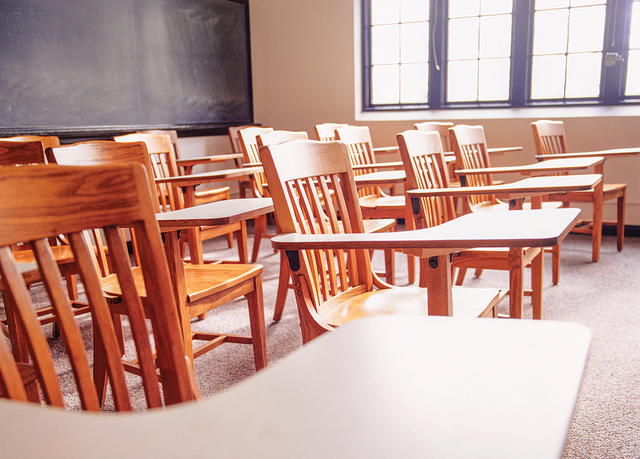An Oahu lawmaker wants to bring strategies used by some of the world’s top-performing school systems to Hawaii.
Rep. Roy Takumi, chair of the House Education Committee, was among lawmakers from around the country who spent 18 months studying education systems in Estonia, Finland, Japan, Poland, Singapore, Alberta, Ontario, Taiwan, Shanghai and Hong Kong.
The group compiled its findings into a 27-page report last month called “No Time to Lose: How to Build a World-Class Education System State by State.”
The report says quality preschool, robust technical-education programs and teacher preparation programs — among other things, are common themes in top-performing school systems.
“Even if we don’t expand early education or high quality teacher ed programs, at least we can be aware that other countries have done it and it worked,” Takumi told the Tribune-Herald. “So we ought to take notice.”
Takumi said Hawaii’s early ed programs could serve more students. He said he’d push for the state’s education system — currently K-12 — to begin instead at the preschool level.
In 2012, 63 percent of state children under age 5 were enrolled in preschool, kindergarten or nursery programs, data from Hawaii Kids Count shows. Hawaii’s Executive Office on Early Learning launched a pre-K program two years ago, which served 420 4-year-old students this past school year including 200 on the Big Island.
The state Department of Human Services also administers a program called “Preschool Open Doors” for at-risk and under-served children.
Struggling students in high-performing school systems are given more support, the report says. Those systems also recruit teachers more selectively — for example only 10 percent of those who apply to Finland’s teacher education program are admitted. Teacher prep programs are also more rigorous elsewhere, the report says, and technical education offerings are more robust.
“We don’t have very rigorous vocational or technical education programs,” Takumi said. “We tend to design our system around being career and college ready with more emphasis on college readiness. But the fact is, many jobs out there don’t require a four-year degree but certainly require post-secondary education. Today, being an auto mechanic is certainly different than 20 years ago. It’s very sophisticated work.”
Takumi said he plans to present the report to Gov. David Ige’s “ESSA team” which is in charge of implementing a new federal education law in Hawaii. He also plans to show it to members of the House and Senate education committees which includes Clift Tsuji, a Democrat who represents Hilo, who said he’s looking forward to hearing some of its ideas.
“I cannot see any disadvantage or it not being useful in my point of view,” Tsuji said.
Takumi also introduced findings to state Department of Education Superintendent Kathryn Matayoshi. Matayoshi said in a statement to the Tribune-Herald she was encouraged “to see that what we’re doing aligns with best practices mentioned in the report” alluding to offerings such as a teacher induction and mentoring program and early education programs. She said the state has secured a federal grant recently to develop a plan for career preparation systems.
The full report can be found at: tinyurl.com/EducationReportHawaii






